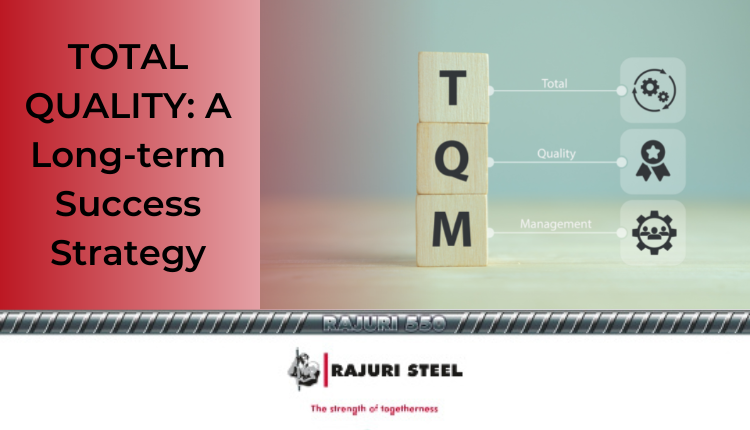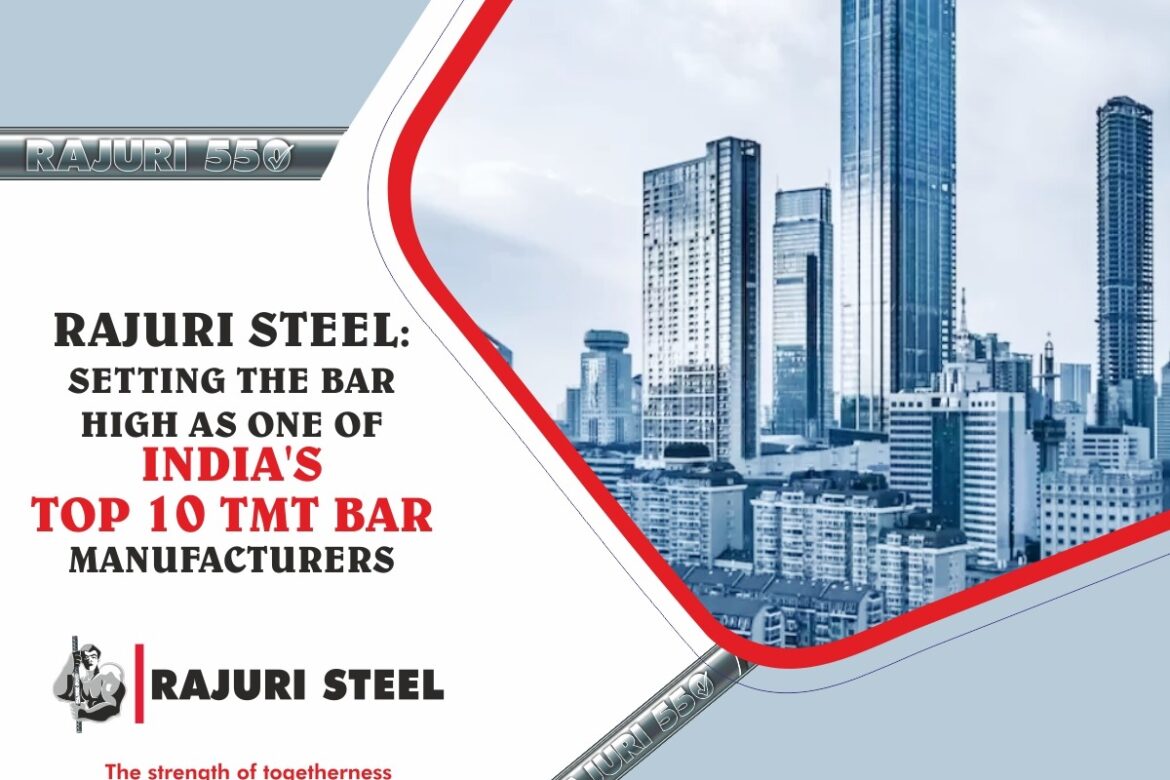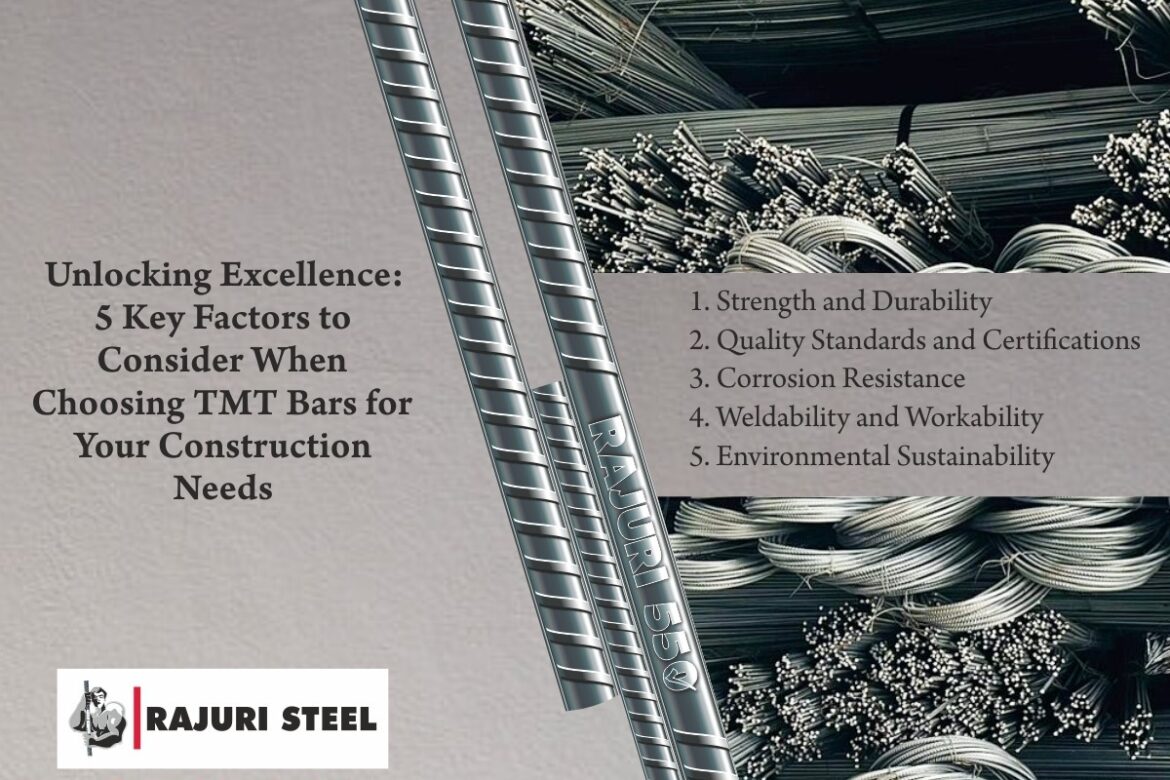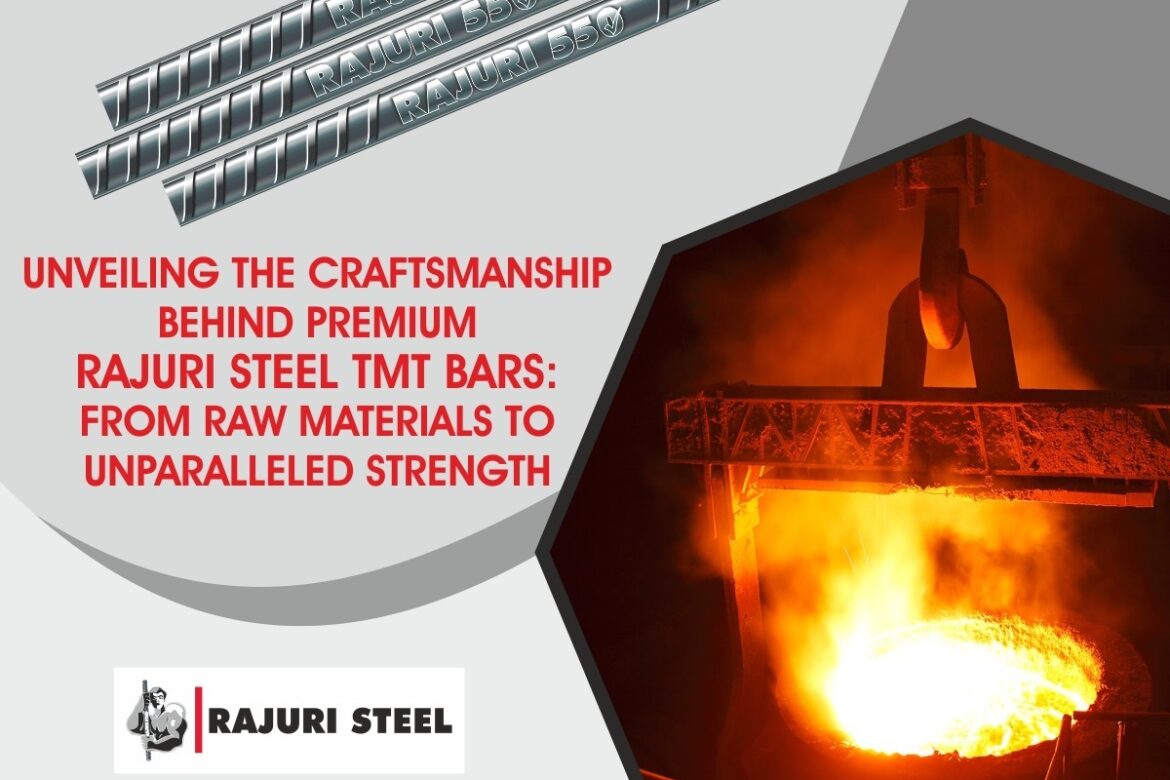What is Quality?
“A measure of excellence or a state of being free from defects, deficiencies, and significant variations. Quality is brought about by strict and consistent commitment to certain standards that achieve uniformity of a product, service, or process in order to satisfy specific customer or user requirements.”
Total Quality Management (TQM) is not a one-time operation or an occasional practice. It is a regular and ongoing process in which errors in production or manufacturing, supply chain, and customer service or experience are detected to reduce or eliminate them. It involves all employees, not just the top management, and integrates quality improvement into the organization using data, systems, processes, strategies, and communication.
Advantages of TQM
Fewer defects: TQM ensures that products and services are created error-free in the first place. This naturally reduces product defects and the need for recalls, fixes, or customer support.
Reduced costs: Fewer defects result in cost savings for organizations due to fewer spends on product fixes, replacements, and customer support, which ultimately increases profit margins.
Customer satisfaction: Error-free, quality products lead to higher customer satisfaction, which results in better word-of-mouth, higher sales, and greater market share.
Better company culture: Organizations with TQM in place develop a mindset of quality and constant improvement that becomes embedded in all aspects and processes.
Why TQM?
In the highly competitive world economy, technology has been the key for organizations to stay on top of their game. However, due to rapidly evolving technology and consumer expectations, products/services have to be of higher quality, greater utility, and lower cost to be relevant and useful. This challenge can only be met with an even higher efficiency that minimizes waste and utilizes resources fully.
Total Quality Management, therefore, has strategic importance for an organization that wants to be future-ready and thrive in tomorrow’s ultra-competitive climate. The benefits of TQM mentioned above result in waste elimination and overall improvement in efficiency and productivity, leading to higher competitive fitness. Quality is, thus, the best investment for industries and organizations today. It ensures that all parts and people of an organization work together to continuously improve its products, services, processes, and culture, enabling long-term competitiveness, growth, and success.
Quality at Rajuri Steel
At Rajuri Steel, it is a wholehearted belief that quality is the be-all and end-all of production and customer satisfaction. In full pursuit of this belief, the company has embedded Quality into its DNA in the following ways:
1. As an ISO 9001:2015 company, Rajuri Steel instituted a complete Quality Measurement System as part of its Quality Management process.
2. The company firmly believes that quality is the result of sincere effort, intelligent direction, and skillful execution.
3. Rajuri Steel products bear the IS:1786 and IS:13920 marks of the Standards Bureau.
4. Rajuri Steel is the pioneer in India to have every manufactured bar certified by SGS Online.
5. All Rajuri Steel products are thoroughly tested at the full-fledged Testing & Inspection facility on both physical and chemical parameters.
6. The quality system at Rajuri Steel has been diligently refined further, and new software tools are incorporated from time to time to stay abreast of the latest technologies.
7. A culture of quality is inculcated at Rajuri Steel to sensitize all personnel on all aspects of implementing a Quality System as well as accountability to customers.
At Rajuri Steel, quality lies at the core of winning and retaining customer trust that is as robust and long-lasting as our products.





All Comments:
Certainly! The definition and description you provided for Quality and Total Quality Management (TQM) are comprehensive. Here are some comments and additional insights:
Definition of Quality: The definition you provided captures the essence of what quality means in most industrial and business contexts. Quality, as defined, emphasizes not only the absence of defects but also the presence of excellence. It’s a dynamic attribute that encompasses both the tangible and intangible aspects of products, services, or processes.
Customer-Centricity: One essential element that stands out in the definition is the emphasis on satisfying “specific customer or user requirements.” Quality is often perceived differently by different customers, making it relative. This underscores the importance of understanding customer needs and ensuring that products or services meet or exceed those expectations.
Total Quality Management (TQM): TQM’s description emphasizes its holistic nature. It’s not just about product quality but about ensuring quality in all aspects of an organization’s operations. As you rightly pointed out, it’s an ongoing process and not a one-time event.
Employee Involvement: One of the pillars of TQM is the involvement of all employees, regardless of their level in the organization. Every employee plays a role in delivering quality, from the C-suite executives to the frontline workers. This collective commitment ensures that quality becomes part of the organization’s culture.
Data-Driven Approach: The integration of “data, systems, processes, strategies, and communication” in TQM is crucial. Continuous improvement requires data to identify areas of concern, measure progress, and validate the effectiveness of implemented changes. It’s a feedback loop that allows organizations to adapt, evolve, and consistently deliver quality.
Benefits and Challenges: While the principles of TQM can bring about significant improvements in organizational performance, it’s worth noting the challenges. Implementing TQM requires significant commitment, resources, and change management. Organizations might face resistance, especially when changing established processes or when there’s a lack of understanding of TQM principles.
Adaptability: As businesses evolve, the definition and measures of quality might change. Thus, TQM is not a static framework but one that must adapt to the changing needs of the business environment and customer expectations.
In conclusion, Quality and TQM are foundational concepts in today’s competitive business landscape. An organization’s commitment to quality not only ensures customer satisfaction but also drives long-term success, innovation, and sustainability. Your description aptly captures the essence of these concepts.